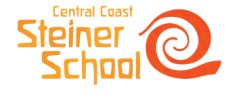
‘The aim of all IB programs is to develop internationally-minded people who, recognising their common humanity and shared guardianship of the planet, help to create a better and more peaceful world.’
What is the IB Diploma?
The International Baccalaureate Diploma Programme is a two-year educational programme primarily aimed at 16-to-19-year-olds in 140 countries around the globe. The programme provides an internationally accepted qualification for entry into higher education and is recognised by many universities worldwide.
The Diploma Programme (DP) is composed of six diverse subject groups, complemented by the DP core, which includes Theory of Knowledge (TOK), Creativity, Activity, Service (CAS), and the Extended Essay (EE). Within the core subjects, students embark on a voyage of self-discovery, contemplating the essence of knowledge, pursuing independent research, and contributing to projects often intertwined with community service.
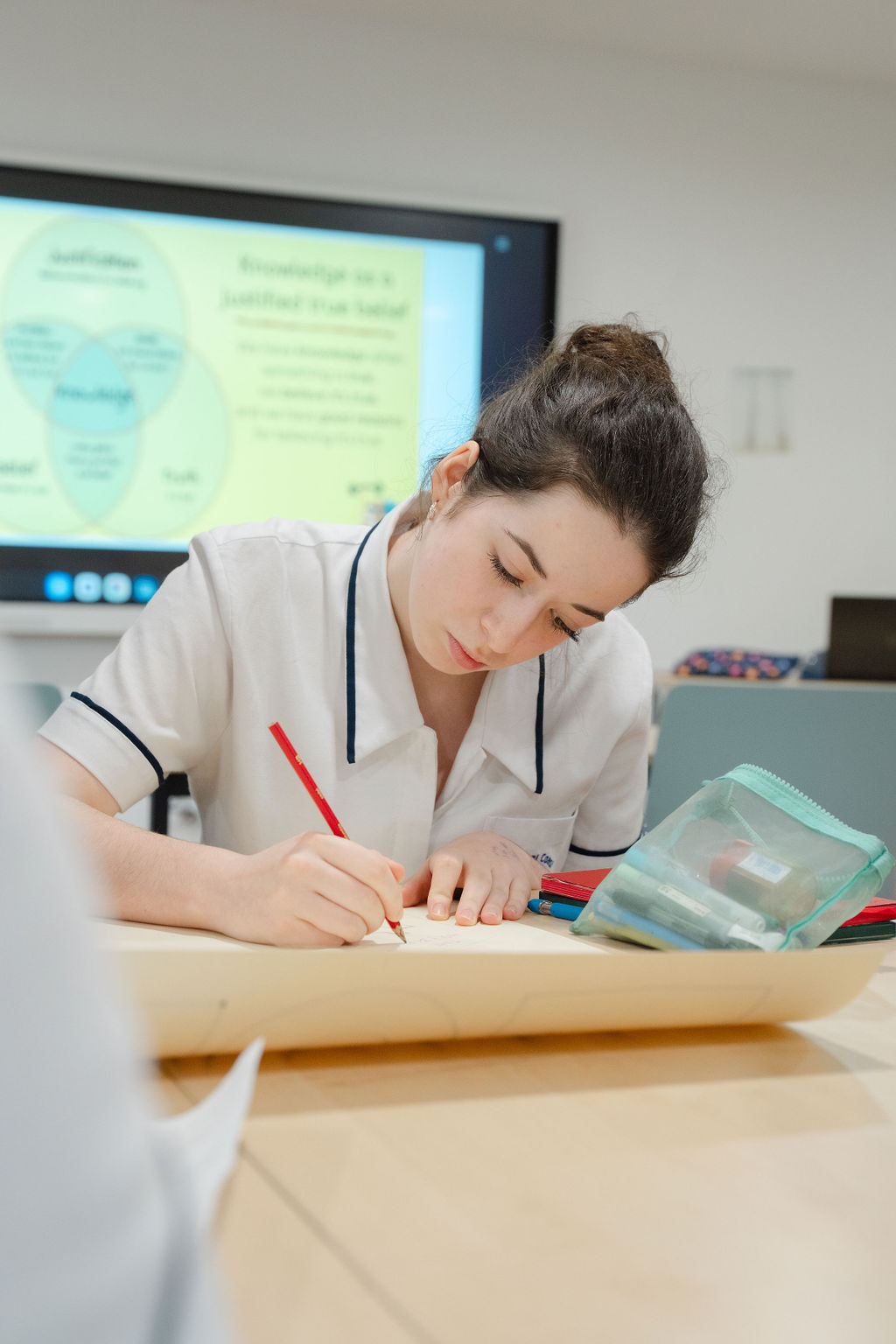
International Baccalaureate Diploma Programme
Years 11 and 12
At Central Coast Steiner School, we are committed to nurturing the growth of young people so that they grow into caring, capable and creative adults. Within a supportive community, we provide rich opportunities that enable each student to succeed far beyond the years at school.
Central Coast Steiner School is the only school on the Central Coast to offer the IB Diploma.
Importantly, the IB aligns seamlessly with our Steiner mission and values.
The International Baccalaureate Diploma Programme is a highly regarded Year 12 credential that can be studied as an alternative to the HSC. This is an exciting and human-centred way to achieve an ATAR. It offers our Year 11 and 12 students a program that supports them in flourishing as informed, ethical and reflective learners. Widely recognised by universities and employers in Australia and internationally, the IB Diploma supports students in reaching their full potential as knowledgeable, compassionate, and engaged global citizens who actively strive to make the world a better place.
The approach to learning and teaching enables IB Diploma students to develop transferable, lifelong attributes such as critical thinking, international mindedness, creativity, agency, and resilience. These attributes enable students to make ethical decisions, join with others in celebrating our shared humanity, and apply what they learn in complex, challenging and unpredictable situations.
As new global challenges emerge at an unprecedented pace of change, an IB education is more relevant and necessary than ever.
Scholarships
Central Coast Steiner School is also currently accepting applications for Academic Scholarships for Year 11, 2026.
Learner attributes we nurture
The aim of all IB programmes is to develop internationally minded people who, recognising their common humanity and shared guardianship of the planet, help to create a better and more peaceful world.
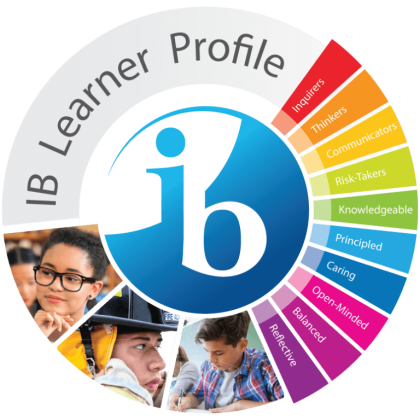
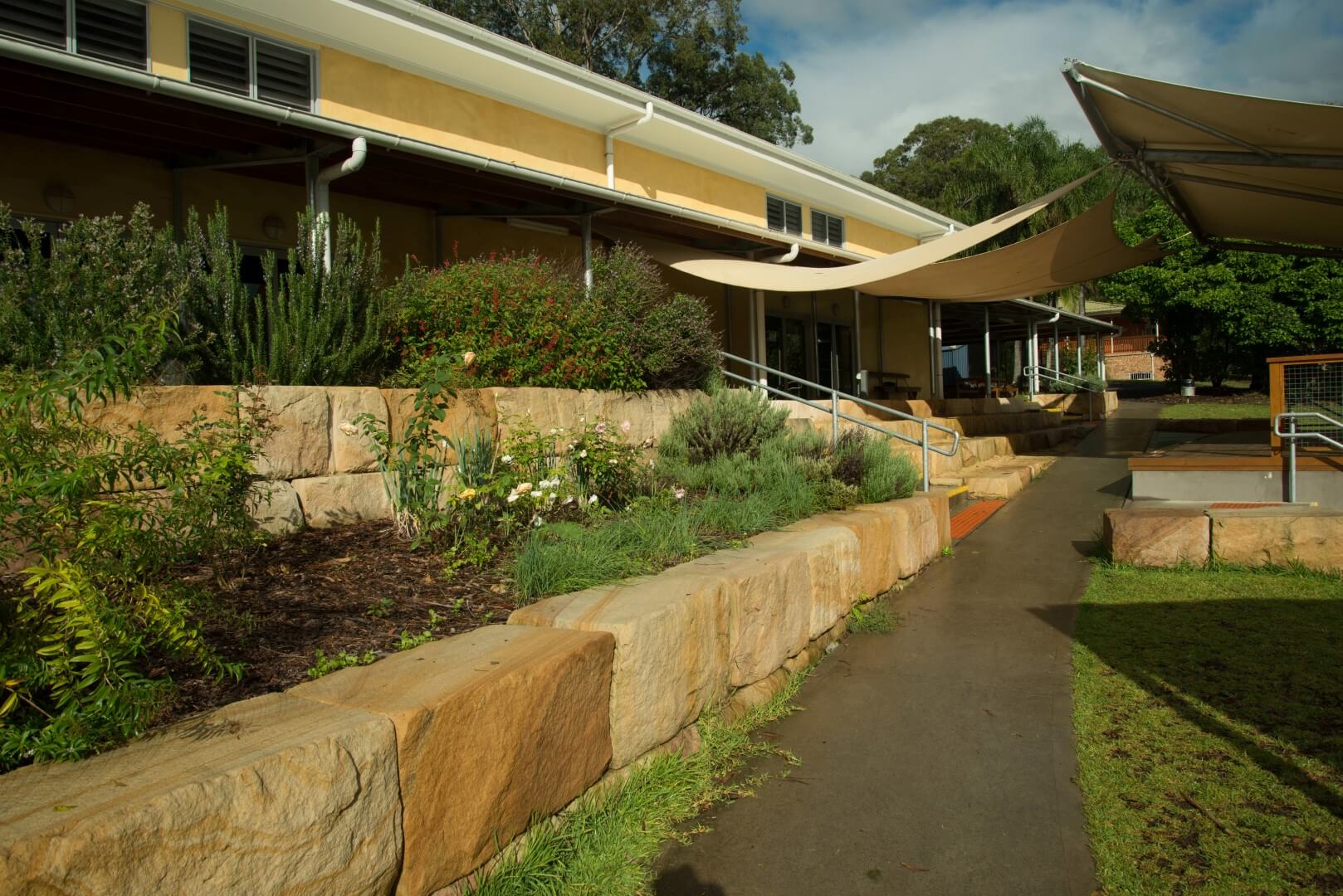
Inquirers
We nurture our curiosity, developing skills for inquiry and research. We know how to learn independently and with others. We learn with enthusiasm and sustain our love of learning
throughout life.
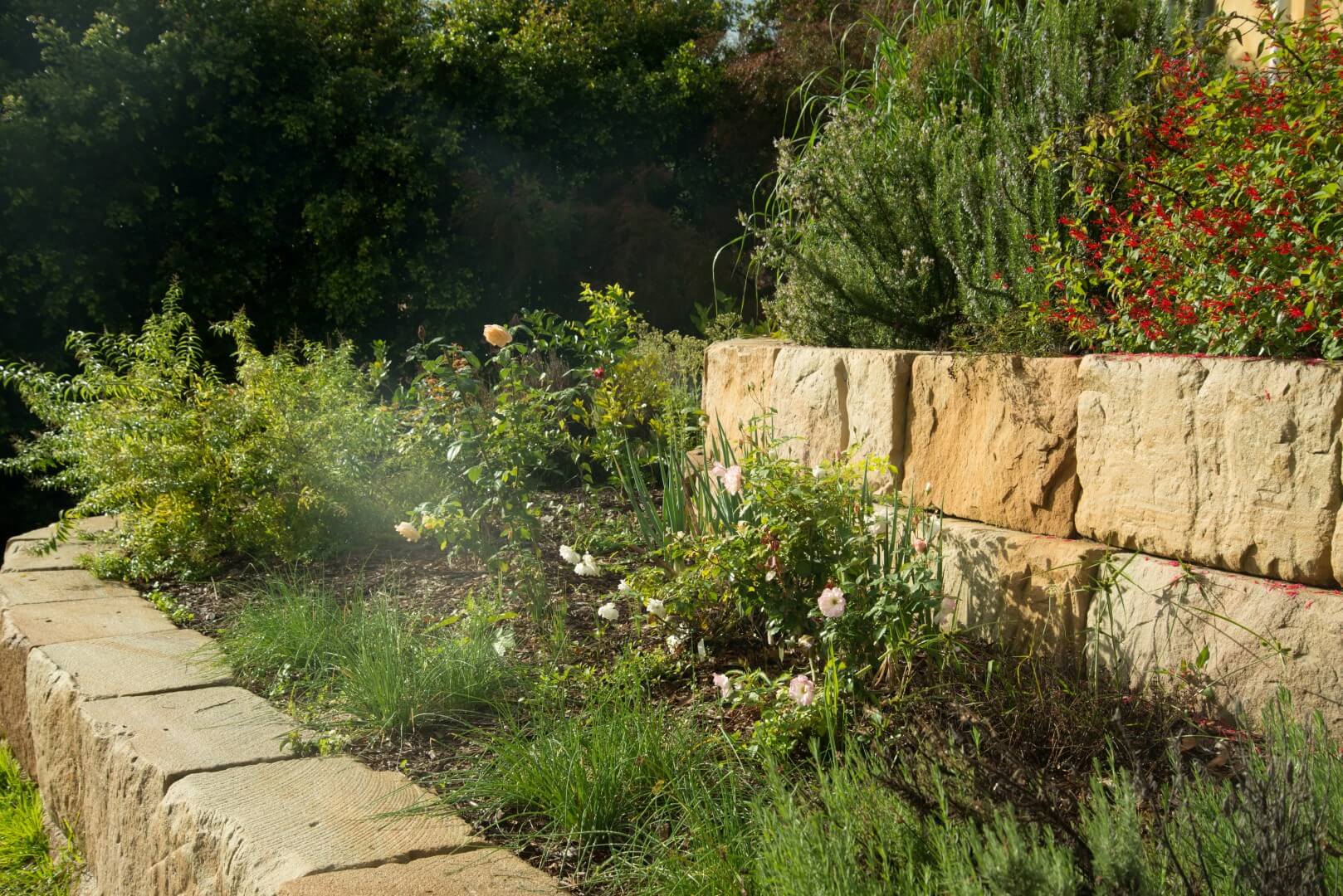
We develop and use conceptual understanding, exploring knowledge across a range of disciplines. We engage with issues and ideas that have local and global significance.
Knowledgeable
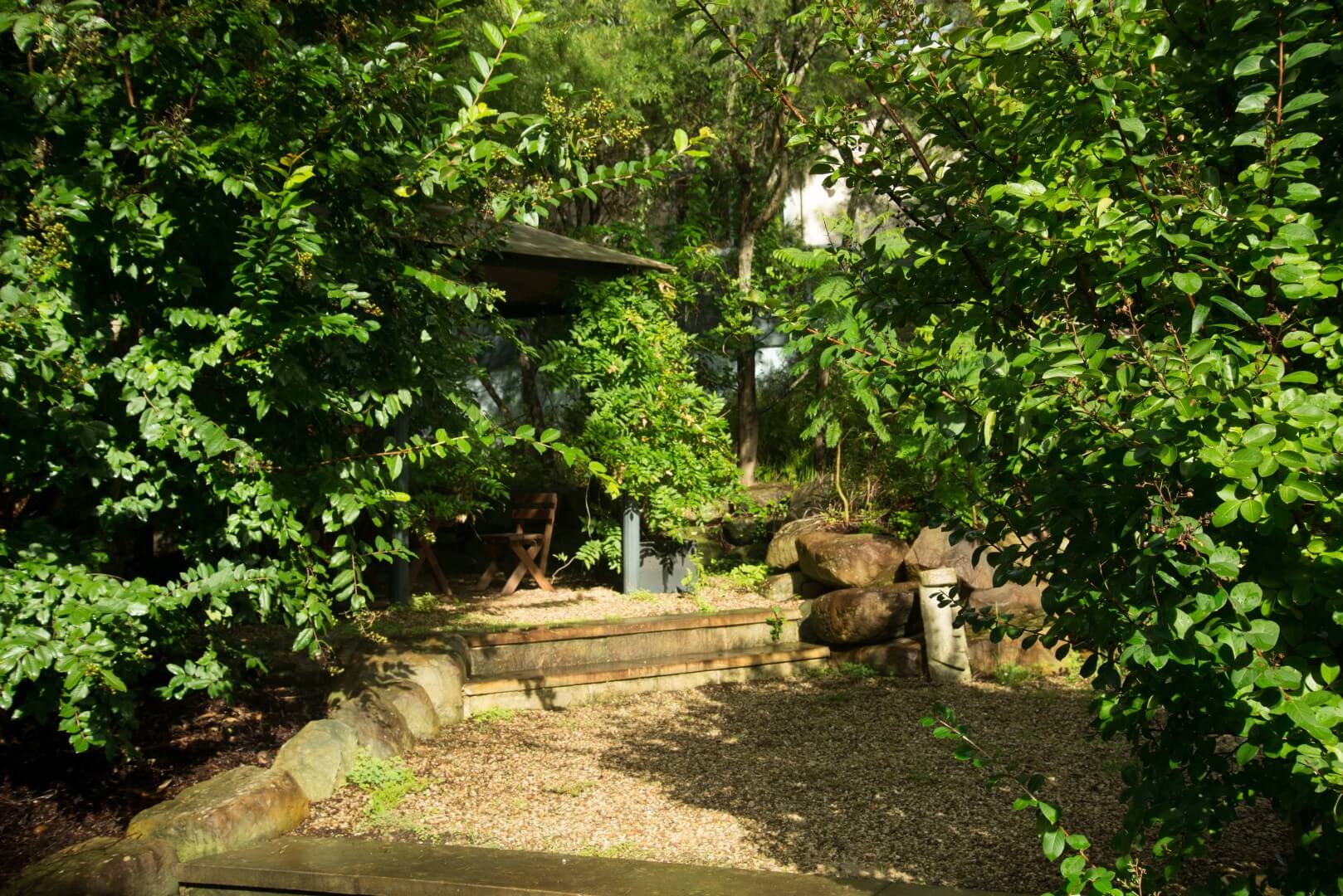
We use critical and creative thinking skills to analyse and take responsible action on complex problems. We exercise initiative in making reasoned, ethical decisions.
Thinkers
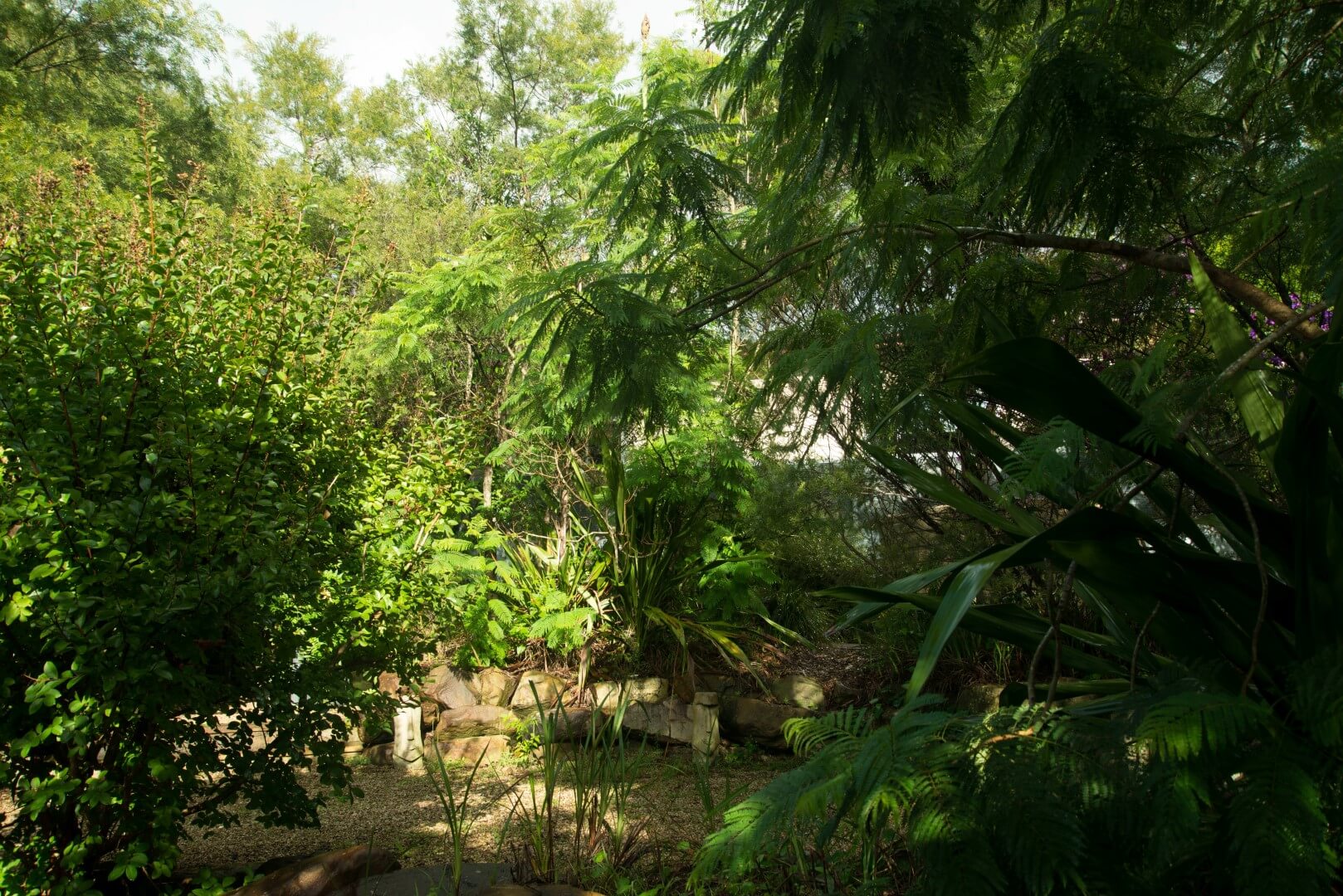
We express ourselves confidently and creatively in more than one language and in many ways. We collaborate effectively, listening carefully to the perspectives of other individuals and
groups.
Communicators
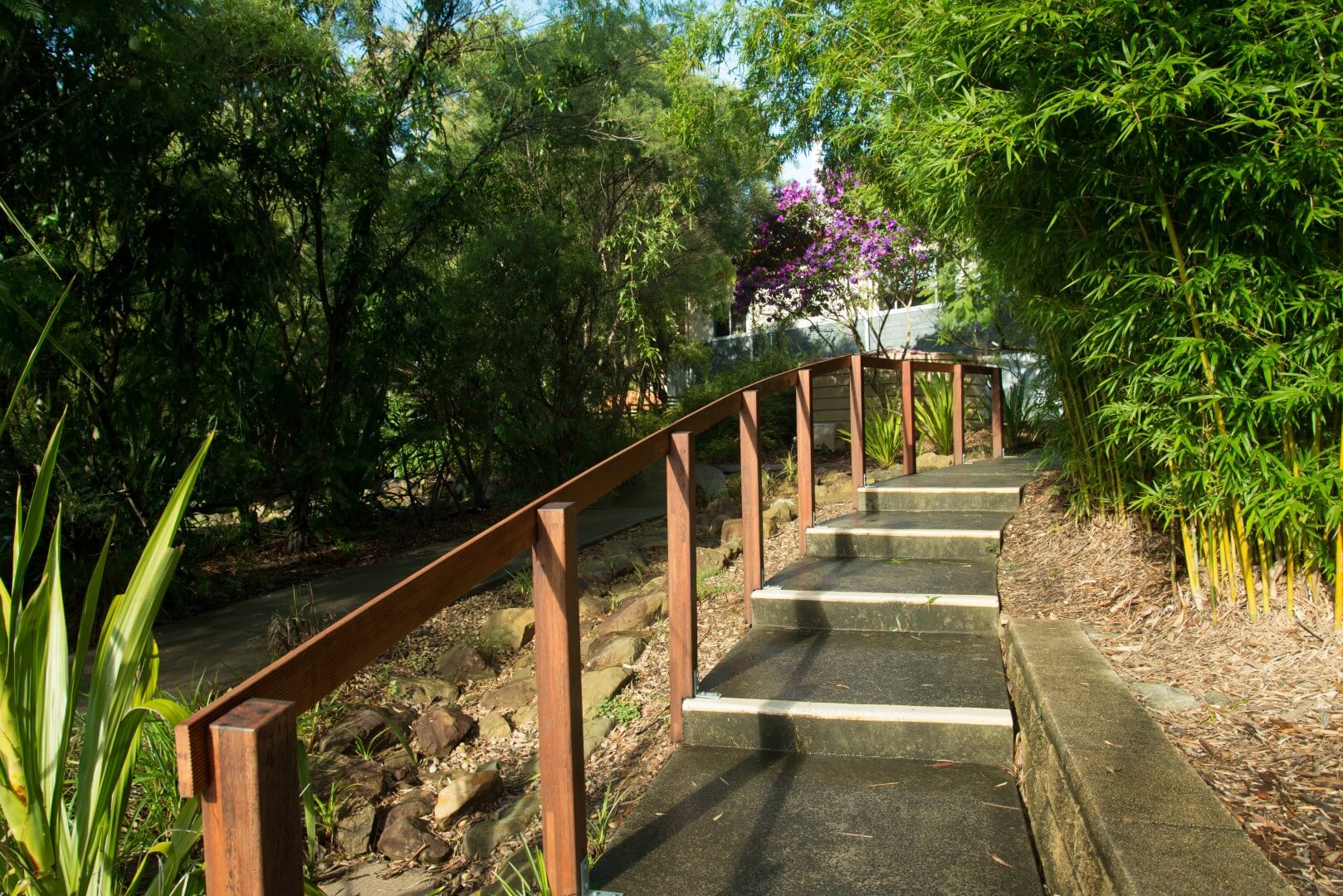
We act with integrity and honesty, with a strong sense of fairness and justice, and with respect for the dignity and rights of people everywhere. We take responsibility for our actions and their
consequences.
Principled
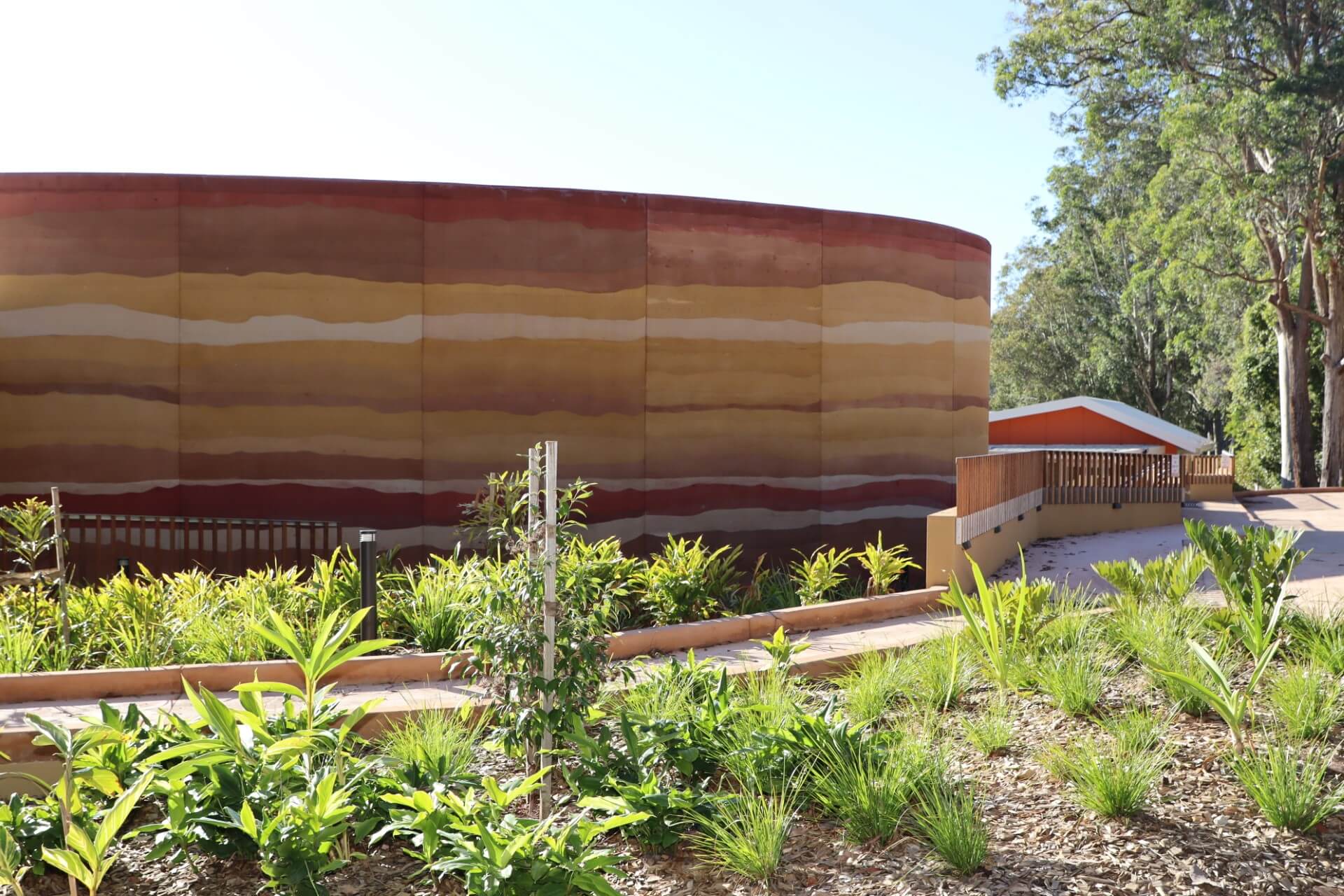
We critically appreciate our own cultures and personal histories, as well as the values and traditions of others. We seek and evaluate a range of points of view, and we are willing to grow from the experience.
Open-minded

We show empathy, compassion and respect. We have a commitment to service, and we act to make a positive difference in the lives of others and in the world around us.
Caring
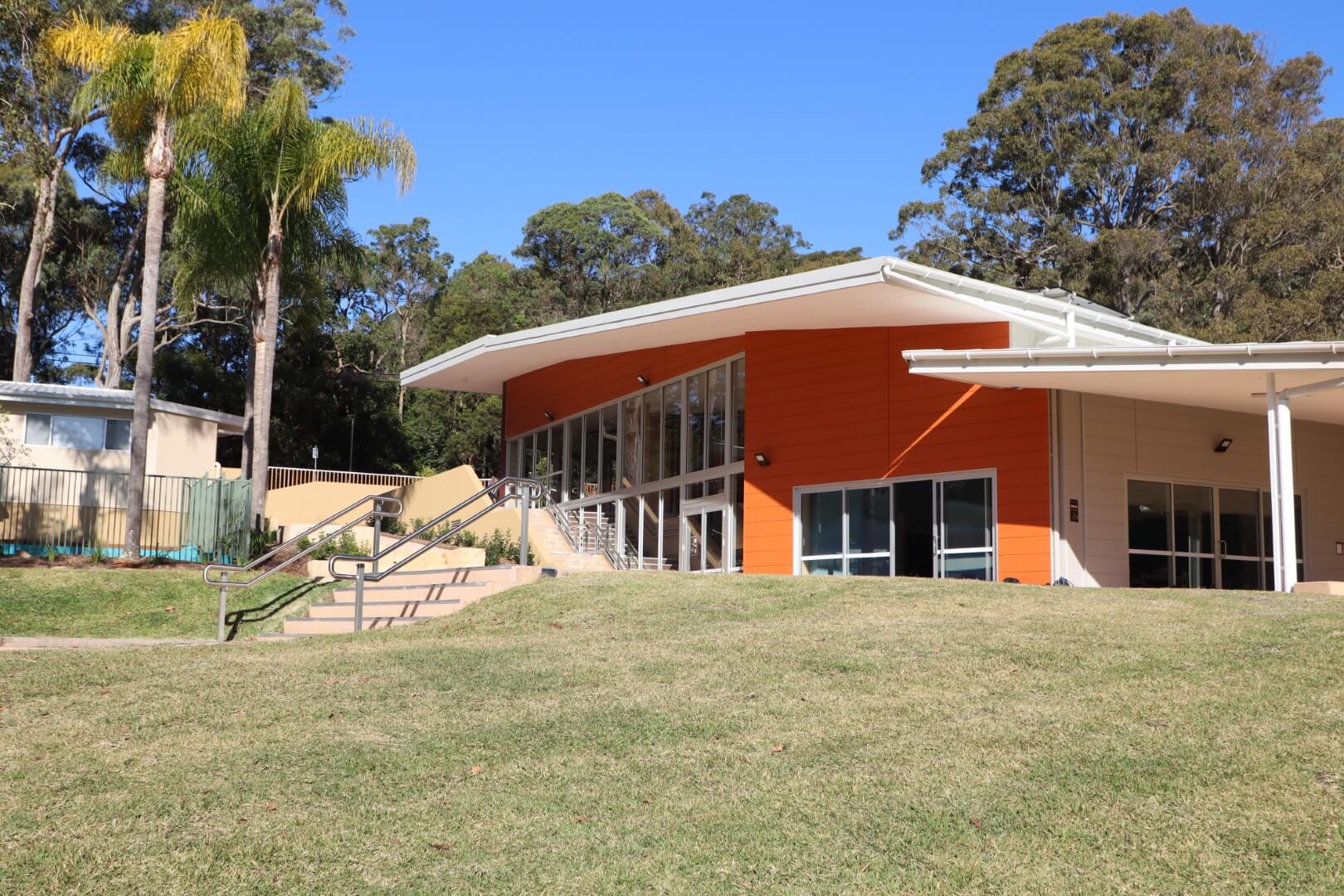
We approach uncertainty with forethought and determination; we work independently and cooperatively to explore new ideas and innovative strategies. We are resourceful and resilient in the face of challenges and change.
Risk-takers
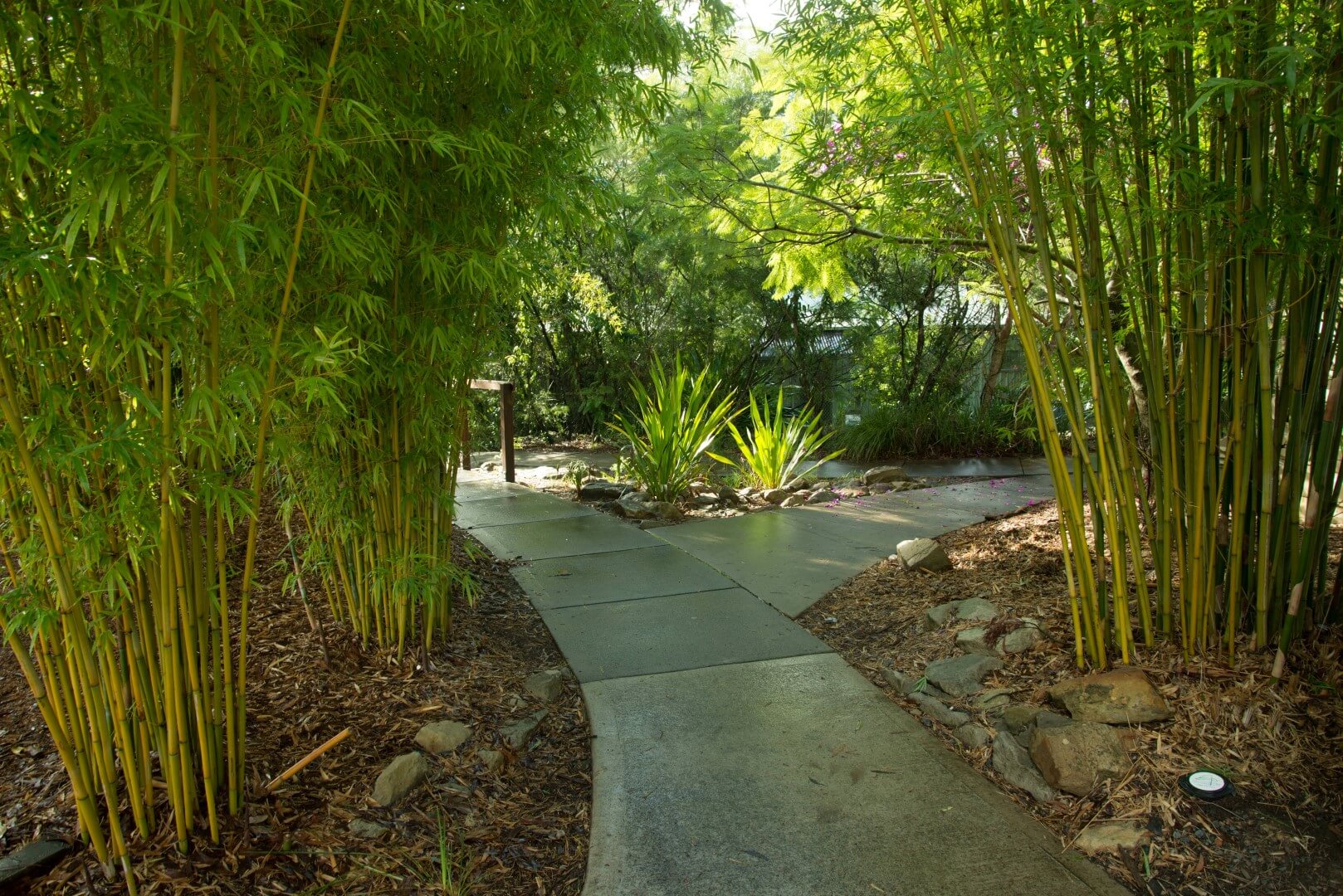
We understand the importance of balancing different aspects of our lives—intellectual, physical, and emotional—to achieve wellbeing for ourselves and others. We recognise our interdependence with other people and with the world in which we live.
Balanced
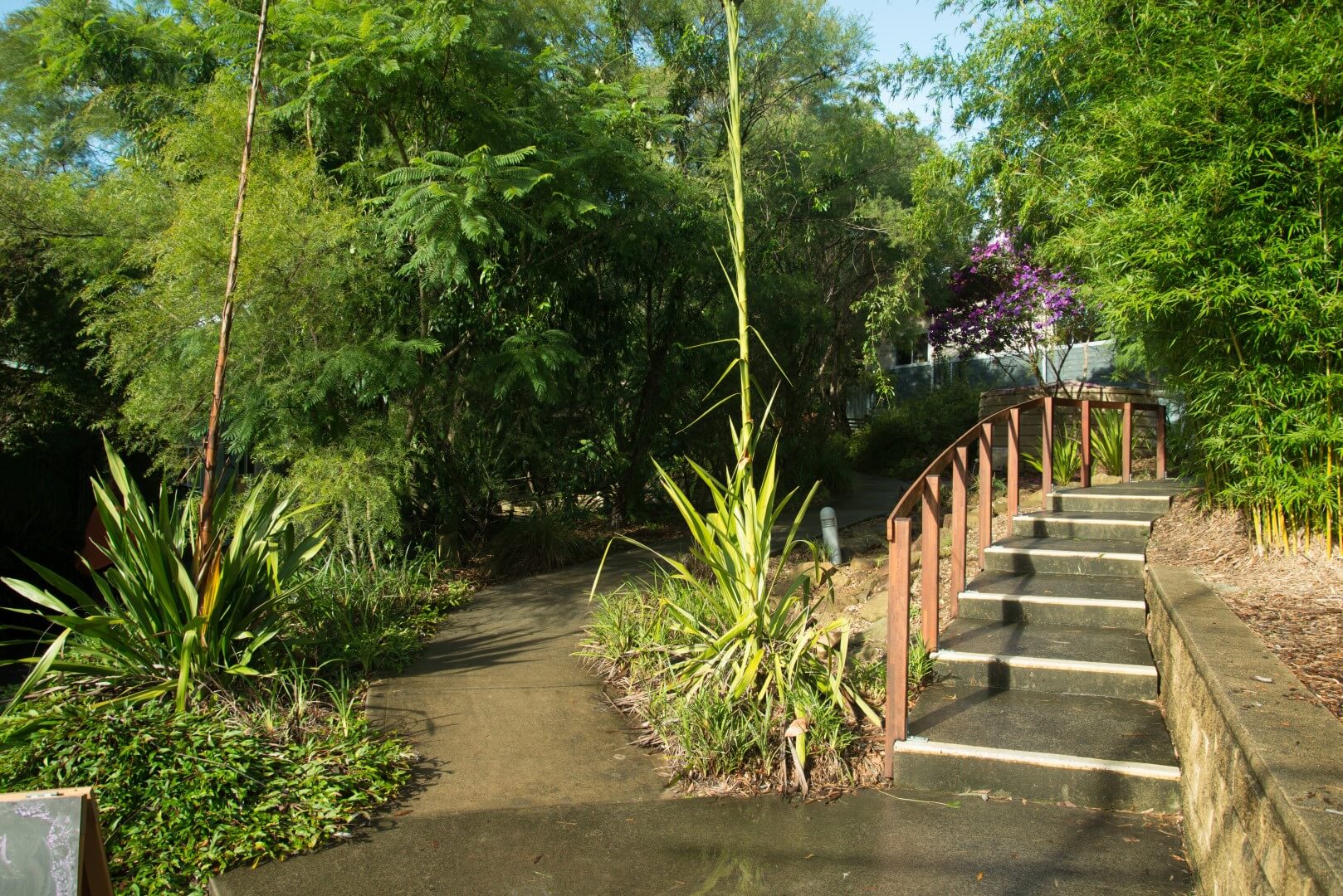
We thoughtfully consider the world and our own ideas and experience. We work to understand our strengths and weaknesses in order to support our learning and personal development.
Reflective
What subjects will be offered
Our curriculum offerings span the spectrum of the six IB Diploma groups:
English Language and Literature (Group 1)
In this course, students study a wide range of literary and non-literary texts in a variety of media. By examining communicative acts across literary form and textual type alongside appropriate secondary readings, students will investigate the nature of language itself and the ways in which it shapes and is influenced by identity and culture. Approaches to study in the course are meant to be wide-ranging and can include literary theory, sociolinguistics, media studies and critical discourse analysis, among others. See here for more information: https://www.ibo.org/programmes/diploma-programme/curriculum/language-and-literature/
Spanish ab initio (Beginners) (Group 2)
This course is for students who have a genuine interest in learning about Spain and Latin America and have no previous formal experience of learning Spanish. It offers an insight into a new language and the rich culture of Spain and Latin America. Spanish is a really useful language to speak and use on a holiday as it is the official language in over 20 countries across the world. By the end of the course, you would be able to communicate quasi-fluently in Spanish, which would be a great help if you were going on a holiday abroad in Spanish-speaking countries or some states in the USA. This course will also allow you to carry on with Spanish at University. See here for more information: https://www.ibo.org/programmes/diploma-programme/curriculum/language-acquisition/
Business Management(Group 3)
Psychology
Psychology
Business Management
Students learn to analyse, discuss and evaluate local, national and international business activities. The course covers a range of organisations from all sectors. The course covers the key characteristics of business organisation and environment and the business functions of human resource management, finance and accounts, marketing and operations management. By exploring six underpinning concepts (change, culture, ethics, globalisation, innovation and strategy), the course allows students to develop a holistic understanding of today’s complex and dynamic business environment. The course encourages the appreciation of ethical concerns at both a local and global level. It aims to develop relevant and transferable skills, including thinking critically, making ethically sound and well-informed decisions, appreciating the pace, nature and significance of change, and thinking strategically. See here for more information: https://www.ibo.org/programmes/diploma-programme/curriculum/individuals-and-societies/business-and-management/
Psychology
Psychology is the rigorous and systematic study of mental processes and behaviour, including biological, socio-cultural and cognitive approaches to Psychology. The Psychology course allows students to have a greater understanding of themselves and appreciate the diversity of human behaviour. Students explore how different psychological approaches help to explain behaviours, emotions, perceptions, attitudes, mental illness, abnormal behaviour and addiction. They will study the methodology and application of psychological research, including the ethical concerns raised and undertake their own research study as part of the course. See here for more information: https://www.ibo.org/programmes/diploma-programme/curriculum/individuals-and-societies/psychology/
Biology (Group 4)
Physics
Physics
At one end of the scale is the cell, its molecular construction, and complex metabolic reactions. At the other end of the scale, biologists investigate the interactions that make whole ecosystems function. While the scientific method may take on a wide variety of forms, the emphasis is on a practical approach. In addition, through the overarching theme of the “Nature of Science” this knowledge and skills will be put into the context of the way science and scientists work in the 21st century and the ethical debates and limitations of creative scientific endeavour. Students have opportunities to design investigations, collect data, develop manipulative skills, analyse results, collaborate with peers, and evaluate and communicate their findings. The investigations may be laboratory based or they may make use of simulations and databases. Students develop the skills to work independently on their own design, but also collegiately, including collaboration with schools in different regions, to mirror how scientific research is conducted in the wider community. See here for more info: https://www.ibo.org/programmes/diploma-programme/curriculum/sciences/biology/
Physics
IB Physics explores the laws that govern the universe – from the tiniest particles to the vastness of space. As an experimental and mathematical science, it develops both theoretical understanding and practical investigation skills. Students analyse data, design experiments, and study key concepts such as forces, energy, and particles. Through the Nature of Science theme, students explore how scientific knowledge evolves and the ethical and creative dimensions of discovery. The course builds strong analytical and problem-solving skills, providing a foundation for further study in engineering, architecture, astronomy, and related fields. See here for more info: https://www.ibo.org/programmes/diploma-programme/curriculum/sciences/physics/
Mathematics (Group 5)
The IB DP Mathematics: applications and Interpretation course recognises the increasing role mathematics and technology play in a diverse range of fields in a data-rich world. As such, it emphasises the meaning of mathematics in context by focusing on topics often used as applications or in mathematical modelling. The course is for students who enjoy seeing mathematics used in real world contexts and to solve real world problems. It enables students to develop a curiosity and enjoyment of mathematics and appreciate its elegance and power. See here fore more information: https://www.ibo.org/programmes/diploma-programme/curriculum/mathematics/
Film Studies (Group 6)
The Diploma Programme (DP) film course aims to develop students as proficient interpreters and makers of film texts. Through the study and analysis of film texts, and through practical exercises in film production, the film course develops students” critical abilities and their appreciation of artistic, cultural, historical and global perspectives in film. Students examine film concepts, theories, practices and ideas from multiple perspectives, challenging their own viewpoints and biases in order to understand and value those of others DP film students experiment with film and multimedia technology, acquiring the skills and creative competencies required to successfully communicate through the language of the medium. They develop an artistic voice and learn how to express personal perspectives through film. See here for more information: https://www.ibo.org/programmes/diploma-programme/curriculum/the-arts/film/
IB Diploma curriculum guide for parents and students
We welcome your application to join Year 11 in 2026!
If your query is not answered in the below links please feel free to email enrolments@ccss.nsw.edu.au
